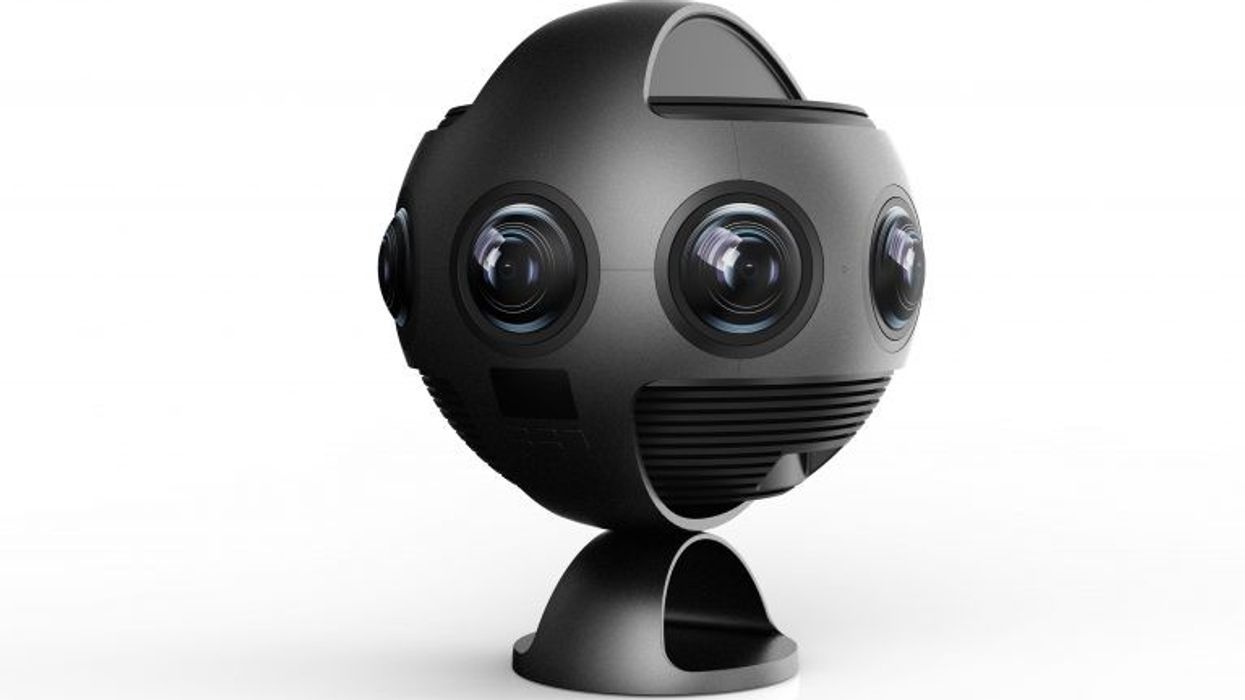Insta360 Goes to 11K with Its New Immersive Rig
Market leader Insta360 continues its innovation with larger sensors and a full 11K of resolution.

With the release of the original Insta360, immersive video had gone through a major revolution. With some previous market leaders like Nokia pulling out around the same time, Insta360 was left as the major "prosumer" level contender in the market.
The company released a pretty major revision last year with a focus on improving the livestreaming experience, which is turning out to be one of the big markets for immersive video. As of today, the company is announcing the Titan, which is a major refresh of the entire system, unpgrading not just resolution but also to larger sensors. This should improve low light sensitivity while also upping resolution to an impressive 11K.
By upgrading to the MFT sensor size, Insta360 is clearly separating the unit out from the more consumer-oriented competition. The larger imager, combined with 10bit recording, will allow for a wider dynamic range and higher quality images. Much of the competition is built on cell phone style imagers, which can create amazing footage but have limitations, especially in low light. Many cell phone cameras do heavy in unit processing to create its imagery, which of course isn't as easy or even possible when also stitching together eight images live, thus the need for a larger sensor to create higher quality images.
This is particularly exciting when combined with the FlowState in-camera stabilization, as larger sensors sometimes run into rolling shutter artifacts (which can be very distracting in immersive video experiences). By combining the larger sensor with its in-camera stabilization, this problem should be controlled. There really isn't any competition for the Titan at the moment.
One thing to note is that it will record to nine SD cards. One of the perks of the original Insta360 was recording to a single SD card, though of course that came with image quality drawbacks. It makes sense that more robust recording would be requiced, but nine SD cards makes us nervous since losing one card is the same as destroying the whole shot. We hope that there will be an option of a single unit (either SSD or CFast) that you can attach to avoid the nightmare of nine SD cards on a busy live action shoot. Though perhaps the idea is that, since SD cards are getting so cheap, you can just buy 9x 512GB cards for $200 each and shoot all day without swapping cards.
Of course, all that technology comes at a price, with the announced price being $14,999 USD. As of today, Insta360 is open for deposits for the Titan.
Tech Specs:
- 8K 3D at 60 FPS
- 5.3K 360 video at 120 FPS
- 8 MFT sized sensors
- 10 bit recording
- FlowState STabilization
- Farsight image preview













